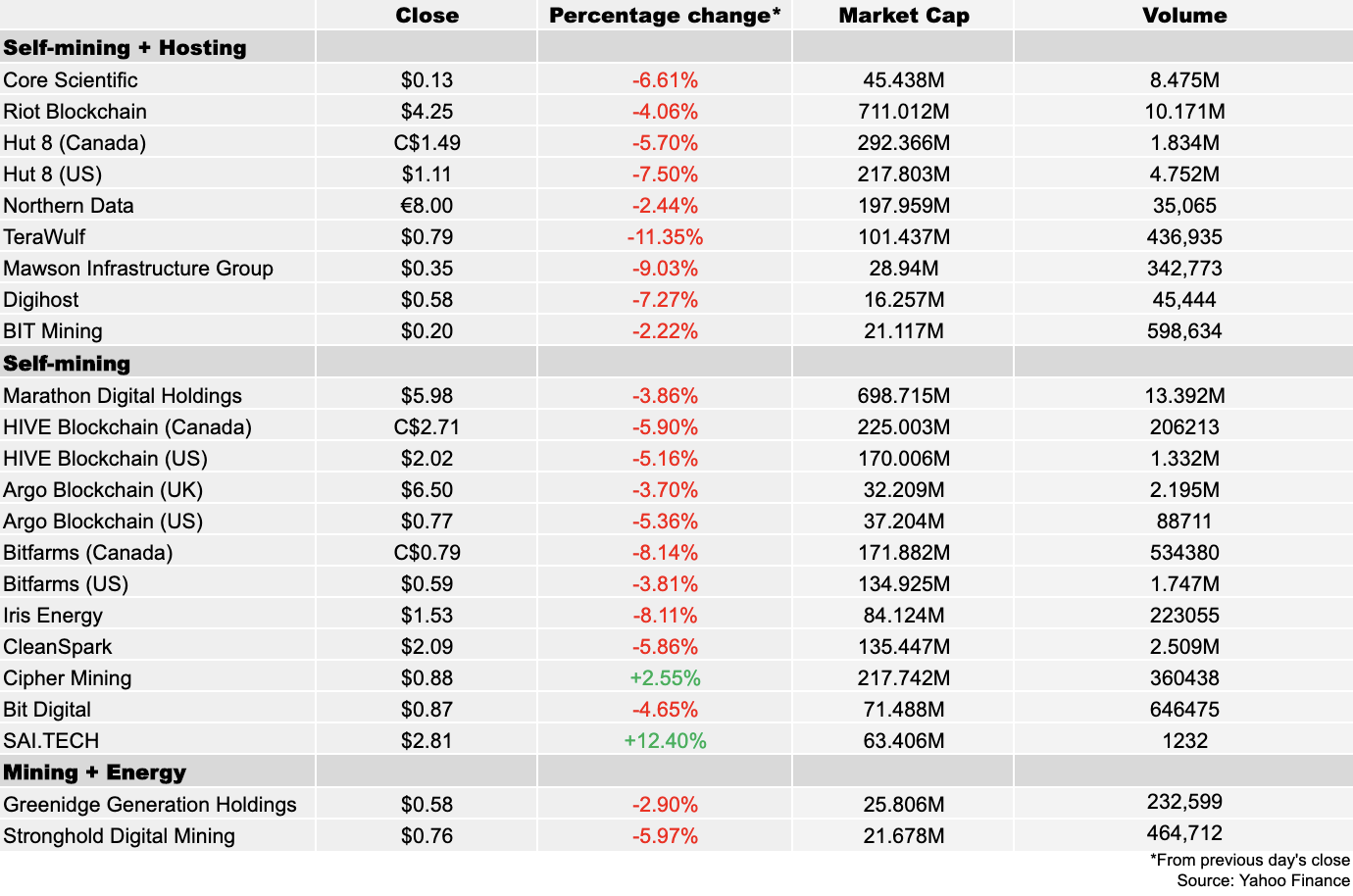FTX Trading and approximately 101 additional affiliated companies said most subsidiaries are resuming ordinary course payments of salaries to employees worldwide and ordinary course payments to certain non-U.S. contractors and service providers.
“With the Court’s approval of our First Day motions and the work being done on global cash management, I am pleased that the FTX group is resuming ordinary course cash payments of salaries and benefits to our remaining employees around the world,” CEO John Ray said in a statement. “FTX also is making cash payments to selected non-U.S. vendors and service providers where necessary to preserve business operations, subject to the limits approved by the Bankruptcy Court.”
The relief includes cash payments concerning both pre-petition and post-petition periods, subject to limits for payment of pre-petition amounts established by the orders of the bankruptcy court.
The FTX Group will pay vendors and service providers in the ordinary course for all goods and services provided on or after the Chapter 11 filing date.
FTX filed for bankruptcy protection on Nov. 11, the same day that founder Sam Bankman-Fried resigned as CEO.
In The Bahamas, the relief applies only to employees or contractors of FTX debtors, and not to employees or contractors of FTX Digital Markets Ltd. FTXDM Bahamas is the subject of a local liquidation proceeding and not included in, or protected by, the Chapter 11 cases in the U.S.
The relief also does not apply to employees or contractors of FTX Australia Pty Limited and FTX Express Pty Ltd, which is the subject of a separate proceeding in Australia.
© 2022 The Block Crypto, Inc. All Rights Reserved. This article is provided for informational purposes only. It is not offered or intended to be used as legal, tax, investment, financial, or other advice.
Go to Source
Author: Christiana Loureiro



